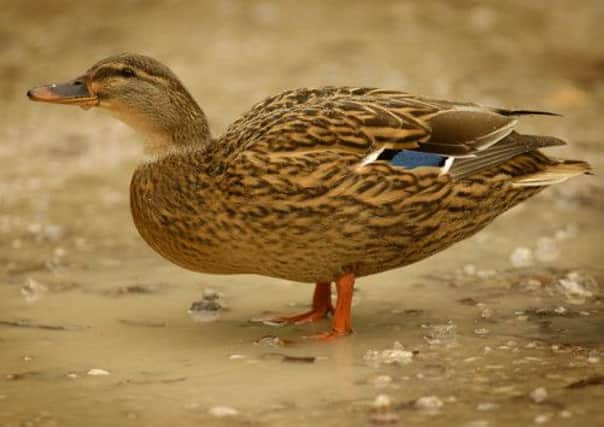Wildlife gardening with Kate Humble - March


If it’s cold, they are still visiting feeders in large numbers, but also looking for nest sites and maybe even early building.
If it’s milder some may even be feeding their young – they don’t always stick to the breeding season.
Advertisement
Hide AdAdvertisement
Hide AdWith this in mind make sure you keep an eye out for nests if working in your garden – it can be easy to accidentally damage or destroy them, especially when hedge trimming.
Birds naturally try to keep their nests secret so they are not always easy to spot!
Keep an eye out for ducklings in particular as mallards often can’t seem to wait for the spring and start the breeding process early in the year.
If you consider that the female takes at least two weeks to lay her large clutch of eggs and then incubates them for four weeks, to have ducklings in March she got must’ve off to a flying start in January!
Advertisement
Hide AdAdvertisement
Hide AdWatch out for hedgehogs, bats, and on if the weather warms up, butterflies too.
Hedgehogs will be on the lookout for slugs, beetles, caterpillars and snails.
You could help them by supplying an alternative to their natural food – a small dish of meaty kitten or puppy food will go down a treat but remember to avoid milk and provide plenty of water as well. Other wildlife such as frogs, toads and newts will also be active and if you have a garden pond you may already have spotted frog and toad spawn; great signs that we really are heading towards spring. To get more information on how you can help the wildlife in your garden, visit www.rspb.org.uk
Kate Humble